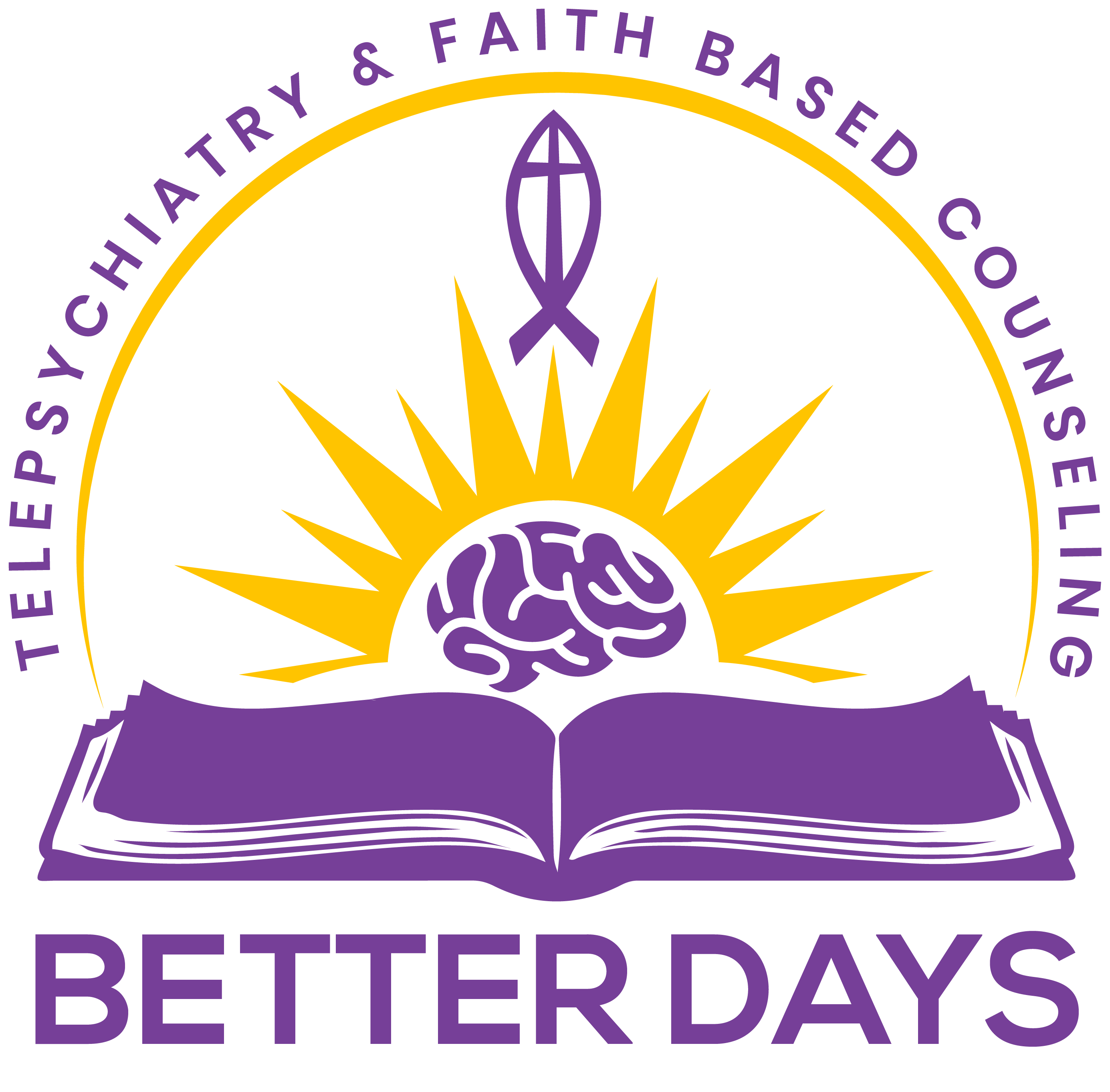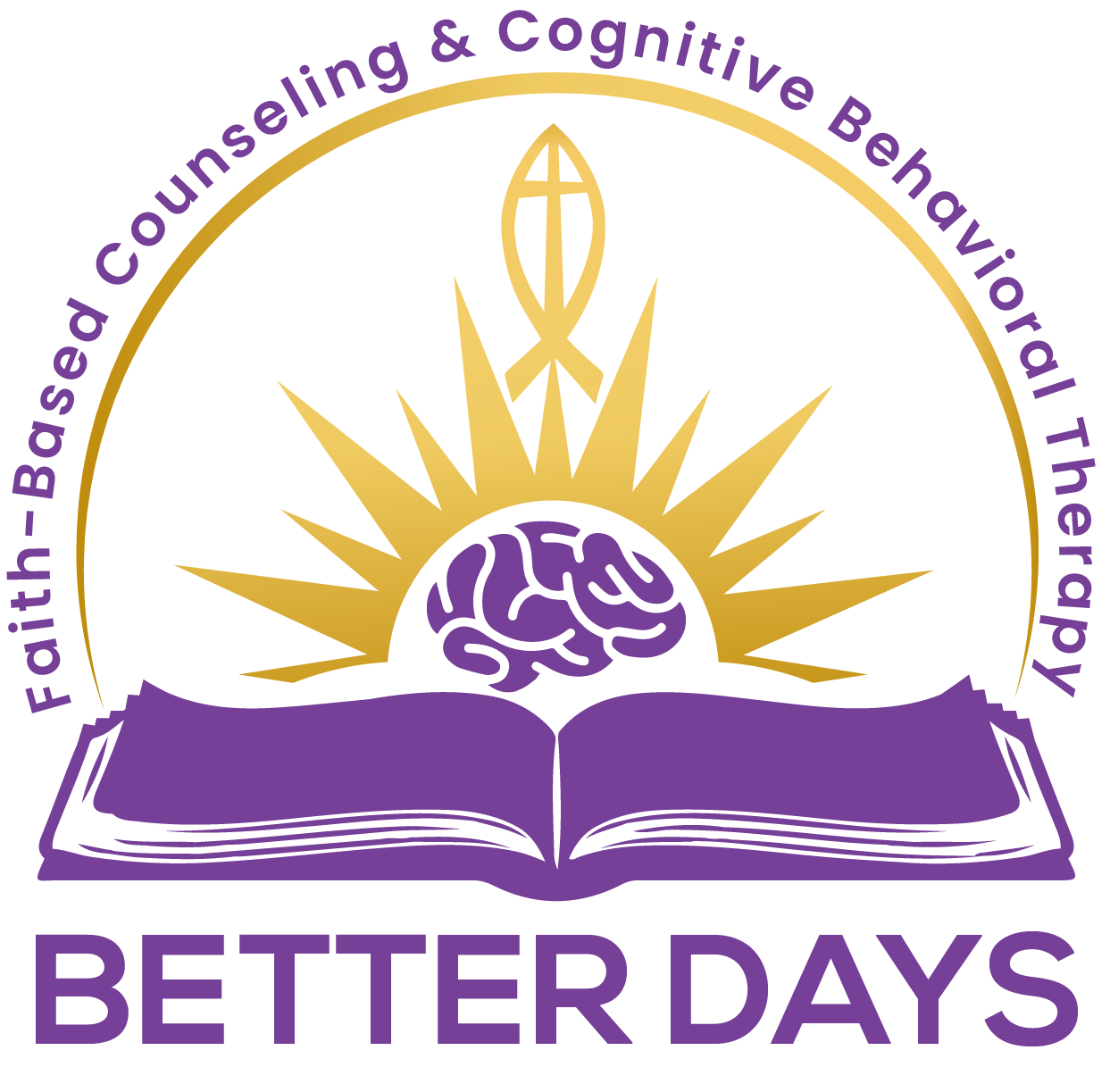Anger Management
- Home
- Serives
Anxiety
Depression
Panic Disorder
Faith Based Counseling
Medication Management
Court appointed Anger Management

Anger
Anger is one of the basic human emotions, as elemental as happiness, sadness, anxiety, or disgust. These emotions are tied to basic survival and were honed over the course of human history.
Anger is related to the “fight, flight, or freeze” response of the sympathetic nervous system; it prepares humans to fight. But fighting does not necessarily mean throwing punches. It might motivate communities to combat injustice by changing laws or enforcing new norms.
Of course, anger too easily or frequently mobilized can undermine relationships or damage physical health in the long term. Prolonged release of the stress hormones that accompany anger can destroy neurons in areas of the brain associated with judgment and short-term memory, and weaken the immune system.
For those who struggle with chronic anger, or for those who only experience occasional outbursts, learning skills to identify and navigate this powerful emotion can lead to growth and change.
Everyone knows the feeling of anger. It is that rage that rises when a driver is cut off on the highway or an employee is demeaned by his boss. People have trouble managing anger and other negative emotions. However, unleashing anger doesn’t produce the sense of catharsis people crave-it tends to feed on itself instead. The best path forward may be to understand anger-its roots, its triggers, its consequences-and cultivate the ability to manage it.
Anger, like all emotions, should be monitored with self-awareness. This can prevent it from spiraling into hostile, aggressive, or violent behavior toward others or oneself.
Support groups for anger management can help people understand anger, identify its triggers, and develop skills to manage their emotions. In groups or individualized settings, cognitive restructuring can coach patients to reframe unhealthy, inflammatory thoughts.
Life coaches can help you clarify your goals, identify the obstacles holding you back, and then come up with strategies for overcoming each obstacle.
By creating these strategies, life coaches target your unique skills and gifts. By helping you to make the most of your strengths, life coaches provide the support you need to achieve long-lasting change.
Many people seek out life coaches for guidance in navigating a significant life change, such as taking on a new career. In plenty of cases, however, people turn to life coaches simply for help in building a happier, more meaningful life.
Follow-up appointments for Panic Disorder medication refills – 15 minutes
Initial visit appointments for CBT for PTSD (POST TRAUMATIC STRESS DISORDER) – 60 minutes
Follow-up visit for CBT for PTSD (POST TRAUMATIC STRESS DISORDER) – 45 minutes
Anger Management Services
A no-show fee of $25 will be charged for missed appointments, without a 24 hour notification of cancellation.
Cost Structure
Better Days Telepsychiatry and Faith-Based Counseling is a fee-for-service practice offering telemedicine visits. We Do NOT accept insurance, so that we can provide more care at an affordable cost to more clients. Payment will be collected prior to service.
During the initial visit, a comprehensive evaluation will be obtained, in order to render a diagnosis. A personalized treatment plan will be developed based on your individual needs.
Follow up appointments are part of an on-going process, for the management of care and/or refill or adjust mediation. These appointments also allow the provider to track your progress, monitor changes, and improve your care as necessary.
Note: The visits are either counseling or medication management for the listed conditions. If during your counseling session, it determined that you need medication, you will need to make another appointment for medication` management.Forms of Payment: We accept: Debit cards, Credit cards, and Zelle


